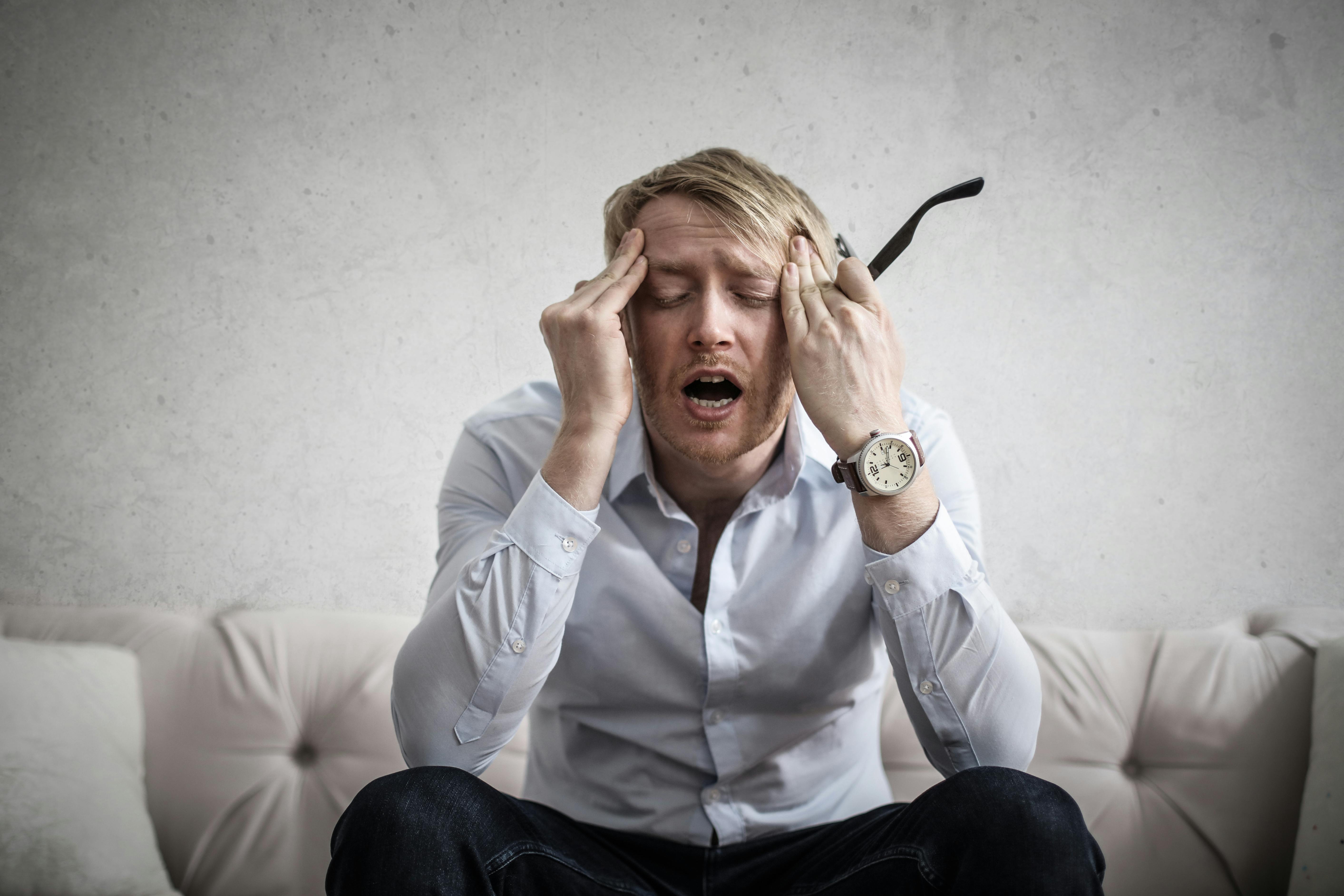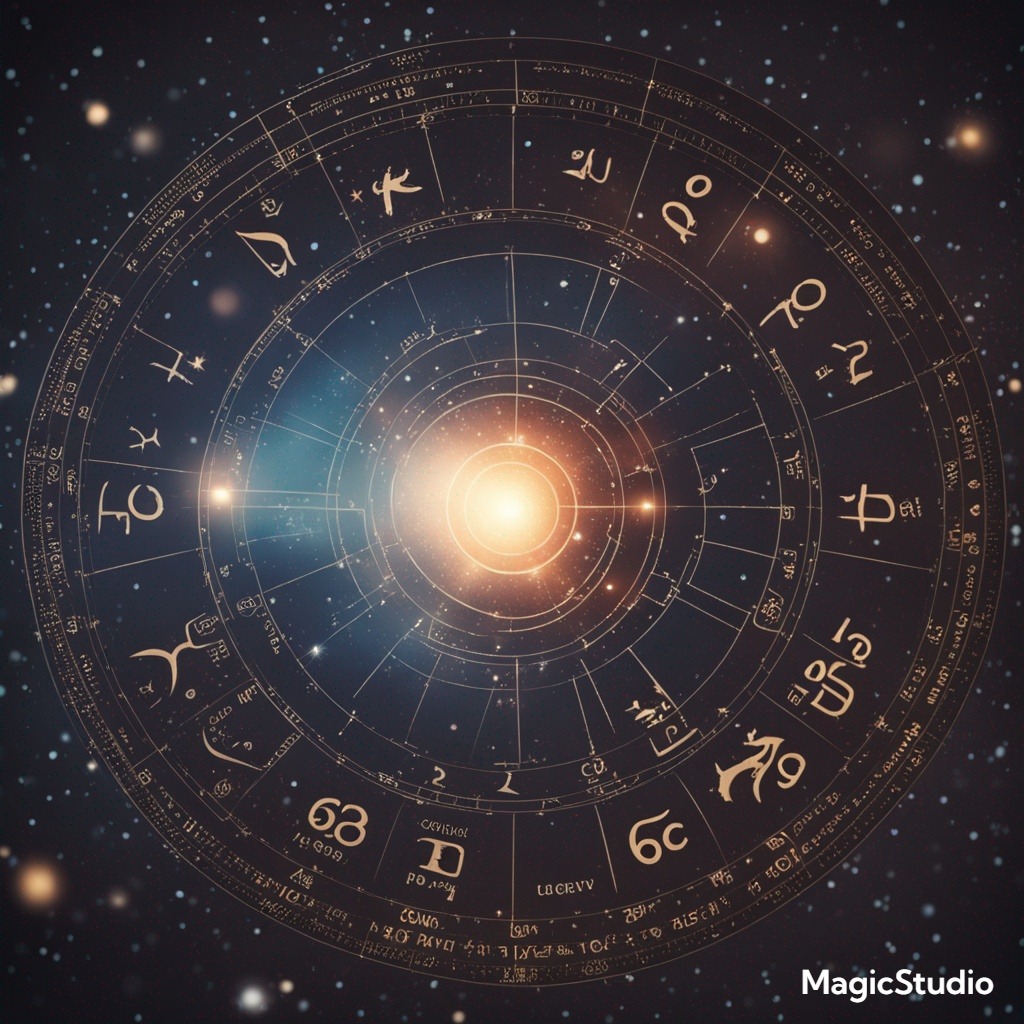How to overcome anxiety by understanding mental health and astrology

Anxiety is one of the most common mental health challenges today, affecting millions worldwide. It can manifest in different ways, from persistent worries to overwhelming panic attacks, impacting both mental and physical health. While traditional treatments like therapy and medication are widely recommended, many people also explore alternative approaches for relief. One such approach is astrology and mental health. For centuries, astrology has provided guidance by interpreting the movement of celestial bodies, helping individuals gain insight into their emotions, personality traits, and life events. Some find comfort in their birth chart, believing that understanding their astrological placements offers emotional reassurance and a deeper connection to themselves.
But does astrology truly help with anxiety, or is it simply a placebo effect? This article explores the link between mental health in astrology, how it may provide emotional relief, and whether it can be a meaningful tool in managing anxiety.
Developing Insight: Understanding Anxiety
Different Types of Anxiety Disorders:
- Generalized Anxiety Disorder (GAD): Persistent worry about various aspects of life.
- Panic Disorder: Sudden and intense fear episodes, often with physical symptoms.
- Social Anxiety Disorder: Extreme fear of social situations and judgment.
- Obsessive-Compulsive Disorder (OCD): Repetitive thoughts and behaviors causing distress.
Causes of Anxiety:
Anxiety can arise from a combination of factors, such as:
- Genetic predisposition
- Brain chemistry
- Traumatic experiences
- Environmental stressors
Most people manage anxiety with therapy, stress relief activities, and lifestyle changes, but some explore astrology remedies for additional support.
What is Astrology?

Astrology is based on the belief that celestial bodies influence human emotions and behavior. The foundation of astrology is the birth chart, which maps planetary positions at the time of birth. It includes:
- Sun Sign: Core personality.
- Moon Sign: Emotional nature.
- Rising Sign: How others perceive you.
- Planetary Placements: Influences communication (Mercury), love (Venus), and ambition (Mars). [image]! (https://res.cloudinary.com/doetbfahk/image/upload/v1741051636/vedaz_generalBlogs/anxiety%20and%20mental%20helath/astrology-magic-ynnd_uqazzo.jpg)
Astrology is often used to seek guidance in love, career, and personal growth, but can it also support mental well-being?
How Astrology Relates to Anxiety
Gaining a Sense of Control:
Anxiety often arises from uncertainty. Astrology provides a framework to anticipate challenges, such as Mercury retrograde, which helps some people feel prepared rather than anxious about miscommunications or setbacks.
Emotional Validation:
Astrology can normalize emotions. A person with a strong Cancer moon (a sign known for deep emotions) may feel reassured that their sensitivity is natural rather than a flaw, improving psychological well-being.
Self-Reflection & Awareness:
Many people with anxiety engage in ruminative thinking. Learning about personal astrological chart placements can promote self-awareness, allowing individuals to recognize emotional triggers and patterns. For example, a Virgo sun (with perfectionist tendencies) may realize they overanalyze situations, encouraging them to practice self-compassion.
Rituals and Routine for Stability:
Astrology provides structured habits that can be grounding for anxious individuals, such as:
- Reading daily horoscopes as part of a morning routine.
- Practicing full moon rituals (journaling, meditating, setting intentions).
- Carrying gemstones associated with their zodiac sign.
These structured activities help bring mental and emotional well-being by offering stability and predictability.

Is Astrology Actually Helpful or Just a Placebo?
Scientific Perspective:
A study in the Journal of Personality and Social Psychology found that people turn to astrology more often during times of stress, indicating it acts as a coping mechanism. Another study in the Journal of Behavioral Medicine found that holistic practices, including astrology, may contribute to stress relief therapy, though primarily due to belief rather than astrology itself.
Potential Risks of Relying on Astrology for Mental Health:
Experts caution against replacing therapy or medical astrology chart analysis with astrology alone, as this could delay necessary mental health treatment. Astrology should complement, not replace, therapy, mindfulness, or professional mental health care.
How to Use Astrology for Anxiety Relief (Safely & Effectively)
- Use Astrology for Reflection, Not Prediction: Instead of fearing the future based on your horoscope, use astrology to reflect on personal emotions and challenges.
- Combine Astrology with Proven Mental Health Strategies: Integrate astrology with exercise and mental health practices like meditation, therapy, and journaling.
- Avoid Over-Reliance on Horoscopes: A negative mental health horoscope shouldn't dictate mood or life decisions. Use it as a tool for insight, not control.
- Find a Supportive Community: Engaging with others in discussions about mental health in astrology can create a sense of connection and reduce feelings of isolation, a common trigger for anxiety.
Conclusion: Can Astrology Cure Anxiety?
Astrology is not a medical solution for anxiety, but it can be a helpful tool for self-reflection, emotional reassurance, and stress relief. It provides insight into emotional patterns, offers comfort, and creates a sense of structure. However, it should always be used alongside professional mental health care rather than as a substitute.
At the end of the day, whether it’s therapy, meditation, exercise, or simply reading your horoscope, the most important thing is finding what truly brings peace and balance. The stars may not cure anxiety, but they can serve as a guiding light on the journey to emotional well-being.




